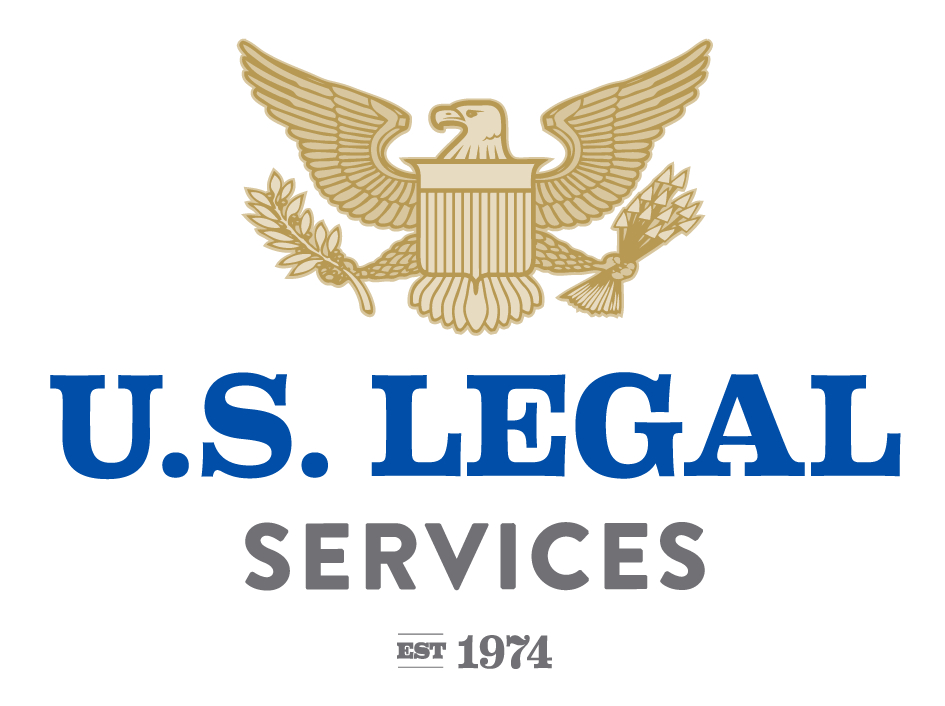
How to Buy or Refinance Your Home (and Save Money, Too)
When the time is right, you may benefit from buying a new home or refinancing your current one. But even with mortgage rates on the downswing, you’ll need to consider your finances first.
For homeowners, mortgage refinancing can save serious money by reducing the interest you’ll pay, shortening your loan’s term length and more. But there are no guarantees in the world of real estate.
So, before you meet with a mortgage lender, ask these fundamental questions to determine if you’re refinance-ready.
Does your refinance lower your interest rate?
Check your credit report and score. If your credit score has increased since you first applied for your mortgage, your lender may offer you a loan with reduced interest rates.
Does your refinance lower your monthly payments?
Smaller monthly installments can make your loan more affordable. However, you’ll need to avoid mortgages that reduce your payments by extending your loan’s term.
Does your refinance reduce the length of your loan?
Shaving time off your loan can result in significant savings. Loans with shorter terms are often less expensive because borrowers pay less interest over time
Can you afford any additional costs?
Refinancing comes with plenty of extra costs, from appraisals and assessments to administrative fees. Make room in your refinancing budget for these fees — if they total more than $1,000, think carefully before agreeing to your new loan.
If homebuying or mortgage refinancing might be the right choice for you, you’ll find all the information you need to take advantage of today’s real estate market by guiding your employees to log in to U.S. Legal Services’ Financial Wellness Suite. Some examples are:
- 5 tips to remember when shopping for a home
- How to compare homes and home values as a buyer
- What are my mortgage options?
- How big of a house do I need?
- How are mortgage rates tied to credit?
- The top 5 mortgage mistakes borrowers make
- What should I look for in a loan when refinancing my mortgage?
- What’s the difference between a cash-in and cash-out refinance?
- How to negotiate the best mortgage refinancing deal
U.S. Legal Services’ Network Attorneys, specializing in real estate transactions, are prepared to review your closing documents, simplifying complex legal language to ensure clarity and confidence before closing. If you face challenges such as liens or account arrears, our attorneys experienced in bankruptcy and debt collection defense are available to offer guidance. No matter the specifics of your situation, our team is ready to support you and your employees through every step.
Ready to dive deeper? Begin one of our homebuying and mortgage refinancing user journeys today. These interactive tools are specially designed to walk you through the entire process from start to finish, helping you feel confident as you work to achieve your homeownership goals.



